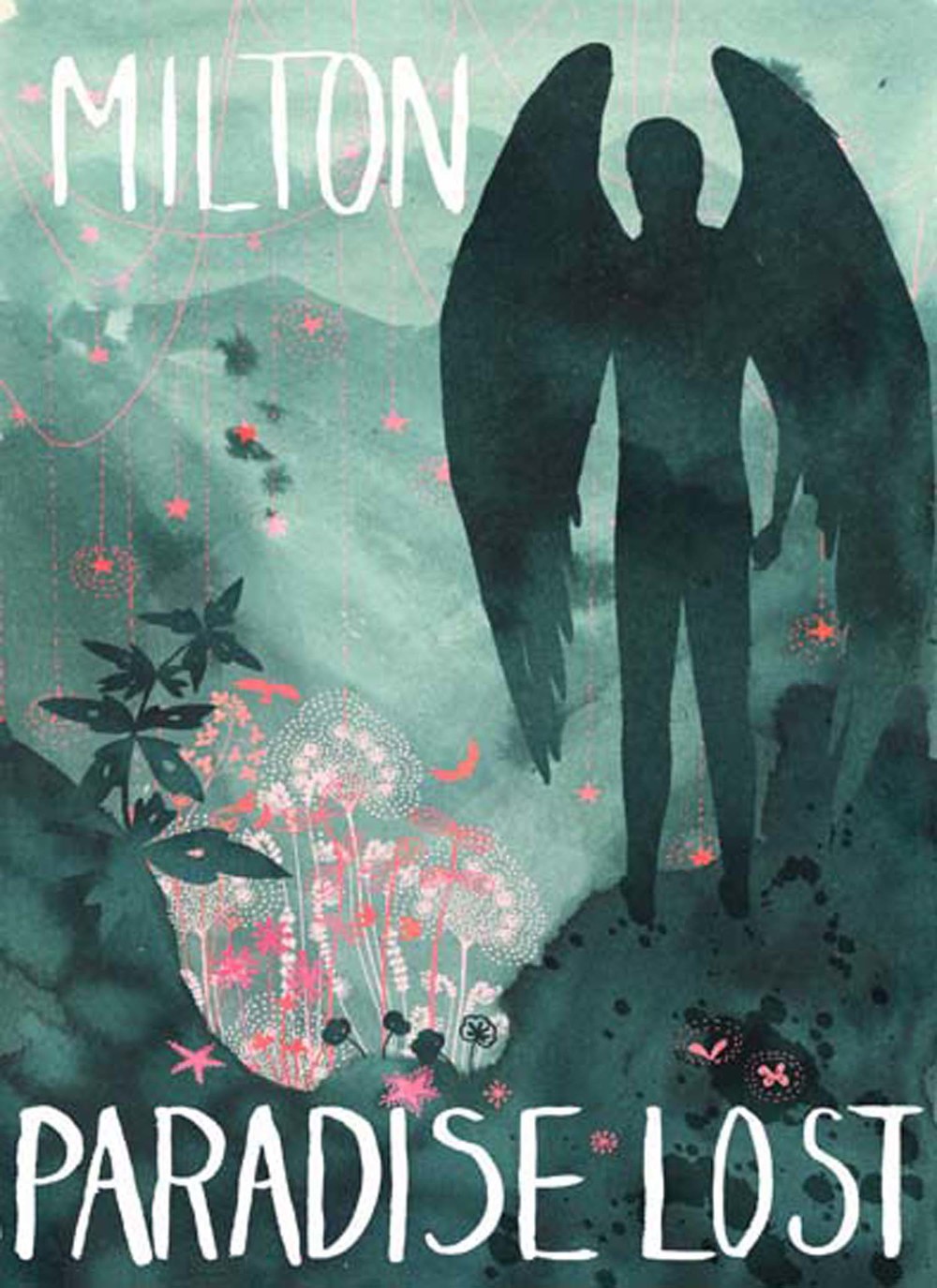

This makes things almost all too convenient for Satan, who had been waiting to catch Eve alone while eavesdropping on her conversation with Adam, and thus Eve is opened to blame in a way that she was not in the Bible, Milton’s source text, as the holy book did not detail Eve’s desire to separate. Milton further sets up the separation of Adam and Eve, which leads to Eve’s temptation later in the book at the hands of Satan disguised as a serpent, through Eve’s dialogue with Adam and insistence on separating from one another to work.

Male critics are not able to identify the importance of the domestic labour she takes seriously, although as Barbara Kruger’s famous contemporary art later puts it, “It’s small world, but not if you have to clean it.” Thus, in her domestic role, Eve can be seen to be depicted as the patriarchal master, thus reinforcing the hierarchy between Adam and Eve, who are not truly equal. However, female critics such as McColley have referred to her as “reasonable” and C. Lewis and Northrop Frye have described her as petulant and wilful, as well as “a silly girl” for taking her labour so seriously. Some critics have found Eve to here be seen as a nagging woman, male critics like C.S. The readers can also note a difference in their opinion of gardening and tending to the garden, a task for Eve but a hobby or repast for Adam. She has proposed to him that they employ a division of labour, saying “let us divide our labours”, and wants to work hard to earn her keep while Adam, who has a rather cavalier view of work, wants to enjoy their work instead, exchanging smiles and glances as they go about their day. “īook IX of the epic poem Paradise Lost by John Milton (written 1660-1665, published 1667, 1674) examines the attitude towards labour through the exchanges between, the first woman according to Christian theology, Eve, is speaking to the first man, Adam, in the garden of Eden. Our dayes work brought to little, though begunĮarly, and th’ hour of Supper comes unearn’d. Looks intervene and smiles, or object newĬasual discourse draw on, which intermits Our taske we choose, what wonder if so near Let us not hold it against Milton that he didn’t have access to BBC’s nature documentaries – of course we know that if Satan was really looking for the smartest land animal, he should have gone for a parrot or an orangutan, but of course it would wreak havoc with all these paintings of Eve’s temptation – try substituting an orangutan for a snake in them.“For while so near each other thus all day He decides upon “the serpent subtlest beast of all field”, because, as he reasons, if this serpent acts unusually smart for an animal, it won’t attract as much unwanted attention. Satan goes in there, hidden by the water mist and again starts roaming the earth, looking for the animal he could inhabit. Finally he finds his way in at the place where Tigris flows under earth and then flows up forming a fountain. Satan again got out of Hell and now circles the Earth, making sure that he always stays in the shadow of the night so that Uriel’s watchful eye won’t notice him. Milton also modestly says that but for his muse, he might not complete his poem because the literary fashion may not be conducive, the climate in England is too cold and he himself is old. This being said, an awful lot of Paradise Lost reads like traditional epic, especially those battle scenes in Heaven. But this subject is no less heroic than the subjects described in The Iliad, Odyssey or Aeneidl He expresses his hope that his muse is going to continue visiting him and that he is going to complete his poem, especially since it took him so long to choose a subject, but he disliked the traditional subjects of the epic (war) or romance (knights at tournaments and parties), while he found “the fortitude of patience and heroic martyrdom/unsung”. James Joyce – “Ulyss… on James Joyce – “The…īook 9 starts with the poet’s forewarning that it’s the end of nice subjects such as angels conversing with people over dinner and time for sad subjects such as the Fall.


James Joyce – “Ulyss… on James Joyce – “Ulysses” (“Lest…


 0 kommentar(er)
0 kommentar(er)
